News
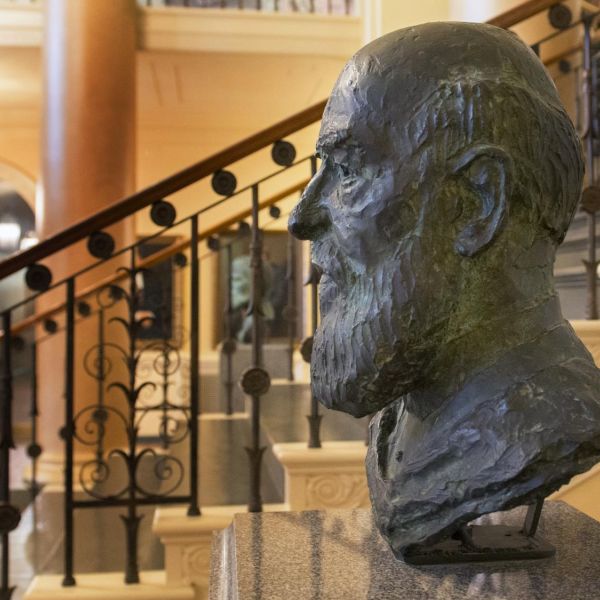
Apr 13, 2023
Penn State announces 2023 University-wide faculty and staff awards
Each spring, Penn State recognizes outstanding faculty and staff with annual awards in teaching and excellence. These awards highlight many of the University's faculty and staff who go above and beyond in their work at Penn State.
Full Article
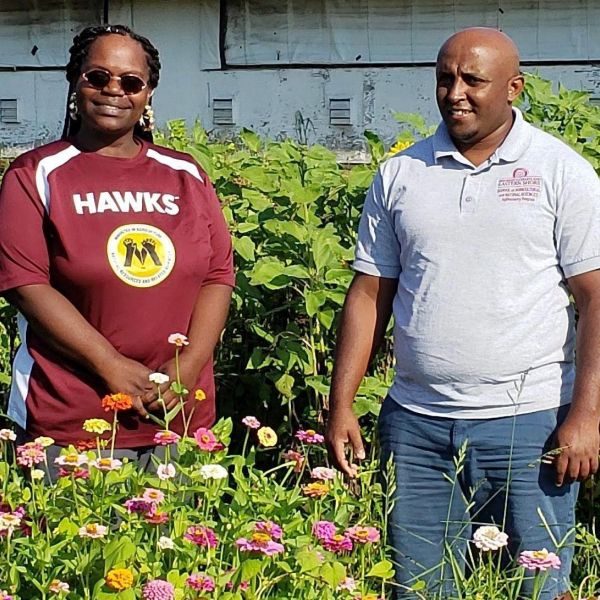
Feb 21, 2023
Grant will promote STEM graduate studies for students from diverse backgrounds
A consortium of institutions led by faculty in Penn State’s College of Agricultural Sciences has received a $75,000 planning grant from the Alfred P. Sloan Foundation aimed at expanding the recruitment of and opportunities for Black, Indigenous and Latino students to enroll in science, technology, engineering and mathematics graduate programs.
Full Article

Jun 30, 2022
Jared Ali named director of the Penn State Center for Chemical Ecology
Jared Ali, Dorothy Foehr Huck and J. Lloyd Huck Chair of Chemical Ecology and associate professor of entomology in the College of Agricultural Sciences, has been named director of the Penn State Center for Chemical Ecology (CCE).
Full Article

Jun 27, 2022
Jared Ali named Huck Chair of Chemical Ecology
Jared Ali, associate professor of entomology in Penn State's College of Agricultural Sciences, has been named the Dorothy Foehr Huck and J. Lloyd Huck Chair of Chemical Ecology by the University’s Huck Institutes of the Life Sciences.
Full Article
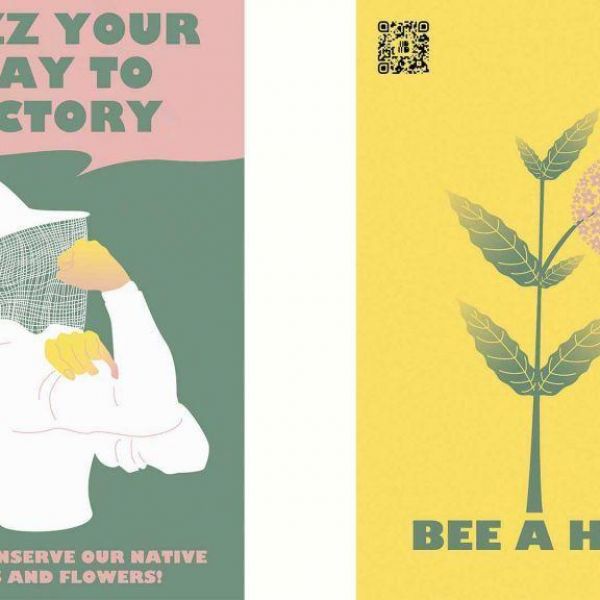
Jun 24, 2022
Penn State unit partner projects highlight awareness, importance of pollinators
Penn State's Center for Pollinator Research and the Insect Biodiversity Center, both at the Huck Institutes of the Life Sciences, and the Department of Graphic Design at the Penn State College of Arts and Architecture have formed a partnership, funded by the Apes Valentes Program, to develop, design and produce materials to help increase awareness of pollinator biodiversity, the importance of pollinators to food security and ecosystem health, and strategies that can be used to support pollinators in urban, agricultural and natural landscapes.
Full Article
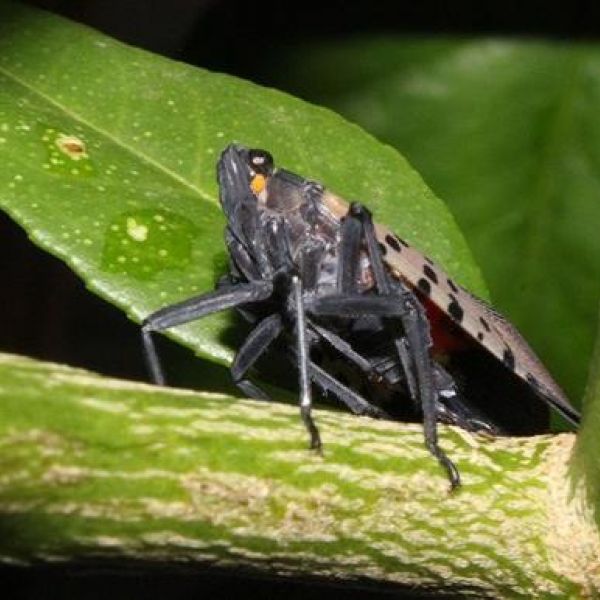
Jun 09, 2022
Penn State Extension publication offers guidance on managing spotted lanternfly
A new publication from Penn State Extension is a must-read for those who want the latest information about the spotted lanternfly. Authored by scientists and extension educators in Penn State’s College of Agricultural Sciences, the Spotted Lanternfly Management Guide features comprehensive information, illustrations, charts and photos on the pest’s biology, behavior, plant damage and management, as well as a brief overview of ongoing research.
Full Article
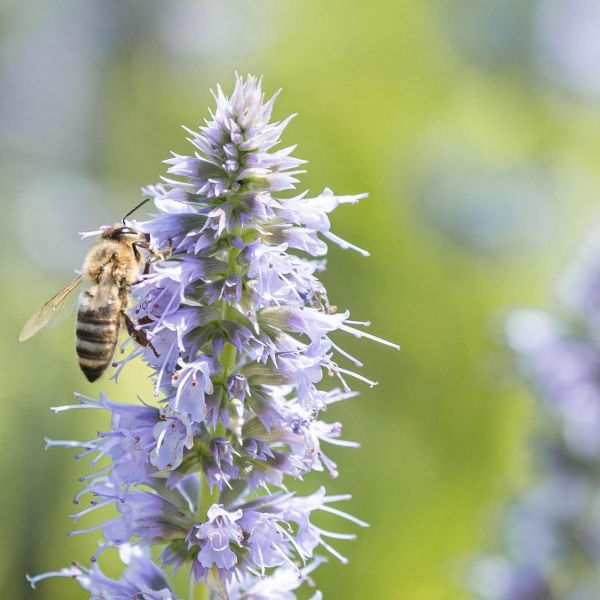
Jun 02, 2022
Managing habitat for flowering plants may mitigate climate effects on bee health
Warm, wet weather conditions and changing climate negatively influence the nectar intake and nutritional health of honey bees, but maintaining large tracts of grassy natural habitat with flowering plants around apiaries may help to mitigate the detrimental effects of climate, according to a new study by an international team of researchers.
Full Article
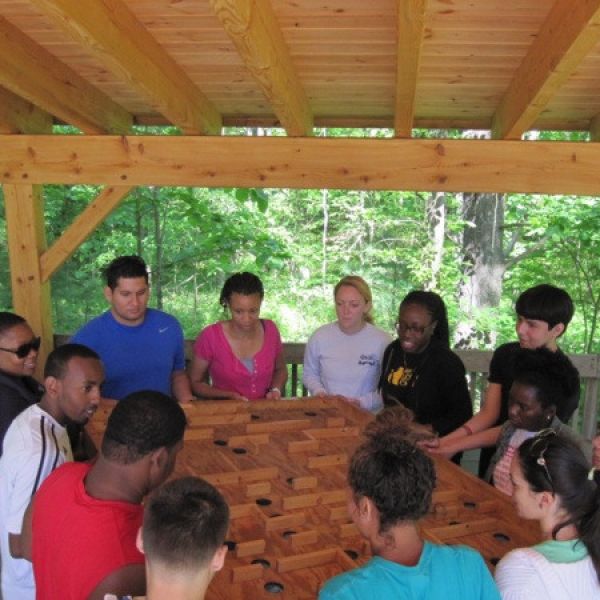
Mar 20, 2022
2022 Summer Research Opportunities Program is Seeking Faculty Mentors
Host an undergraduate student in your lab this summer by participating in this year's CAS-SROP!
Full Article

Mar 16, 2022
Huck Students Receive Alumni Awards
Two Huck IGDP students have been recognized as part of the 2021-22 Graduate School Alumni Association faculty and student awards in the Life & Health Sciences section.
Full Article
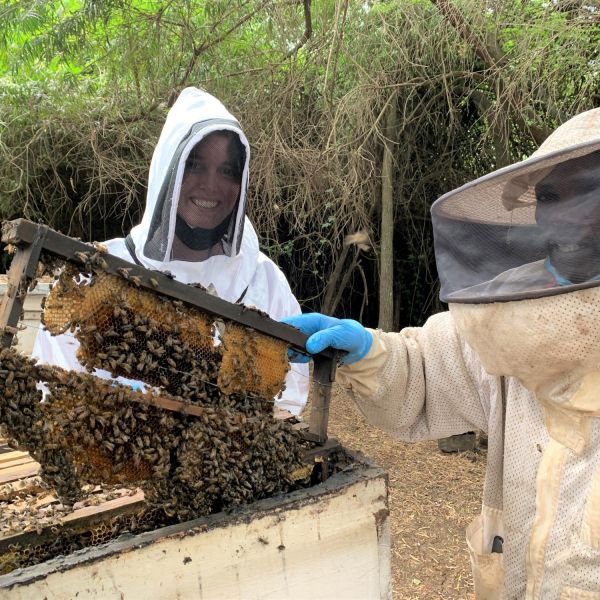
Feb 14, 2022
Student receives Fulbright to study honey bee health, behavior in Kenya
Darcy Gray, a graduate student in Penn State's intercollege graduate degree program in ecology, has received a Fulbright Study/Research Award to help beekeepers by examining how habitat and weather patterns drive bee migration and honey production in Kenya.
Full Article